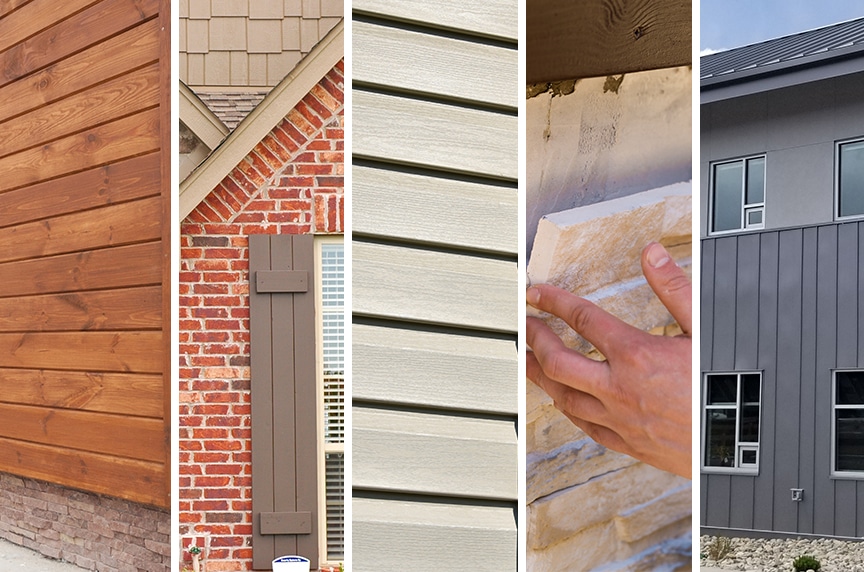The Importance of Waterproofing for Exterior Walls: Ensuring Longevity and Protection
2 min read
Exterior walls play a crucial role in protecting buildings from various environmental factors such as rain, humidity, and temperature fluctuations. One important aspect of maintaining the integrity and longevity of these walls is proper waterproofing. In this blog post, we will delve into the reasons why exterior walls need waterproofing and explore the benefits it brings.
- Preventing Water Damage:
Exterior walls are constantly exposed to the elements, making them vulnerable to water infiltration. Without proper waterproofing, water can seep into the walls, leading to a range of issues such as mold growth, structural damage, and deterioration of building materials. By applying effective waterproofing techniques, we can create a barrier that prevents water from penetrating the walls, thus safeguarding the building's structural integrity. - Enhancing Energy Efficiency:
Water infiltration through exterior walls can also impact a building's energy efficiency. When water enters the walls, it can compromise the insulation, reducing its effectiveness. This can result in increased energy consumption for heating or cooling the building. By waterproofing the exterior walls, we can maintain the insulation's performance, ensuring optimal energy efficiency and reducing utility costs. - Protecting Against Moisture-Related Problems:
Moisture is a common enemy for buildings, as it can lead to a host of problems. Waterproofing the exterior walls helps prevent moisture-related issues such as efflorescence, which is the white powdery substance that forms on walls due to water evaporation. Additionally, it helps prevent the growth of mold and mildew, which not only affects the aesthetics but also poses health risks to occupants. - Increasing Durability and Longevity:
Exterior walls are subjected to constant exposure to harsh weather conditions, including rain, snow, and UV radiation. Over time, this exposure can cause the materials to deteriorate, leading to cracks, fading, and overall degradation. By implementing proper waterproofing measures, we can significantly extend the lifespan of the exterior walls, reducing the need for frequent repairs and maintenance. - Maintaining Aesthetics:
Exterior walls contribute to the overall appearance of a building. Without adequate waterproofing, the walls can develop unsightly stains, discoloration, and peeling paint due to water damage. By protecting the walls from water infiltration, we can preserve their aesthetics, ensuring that the building maintains its visual appeal.
Conclusion:
In conclusion, waterproofing exterior walls is a crucial step in maintaining the longevity, durability, and aesthetics of a building. By preventing water damage, enhancing energy efficiency, protecting against moisture-related problems, and increasing the overall lifespan of the walls, proper waterproofing measures ensure the structural integrity and value of the property. Investing in professional waterproofing services is a wise decision that pays off in the long run, providing peace of mind and protection against the elements.
